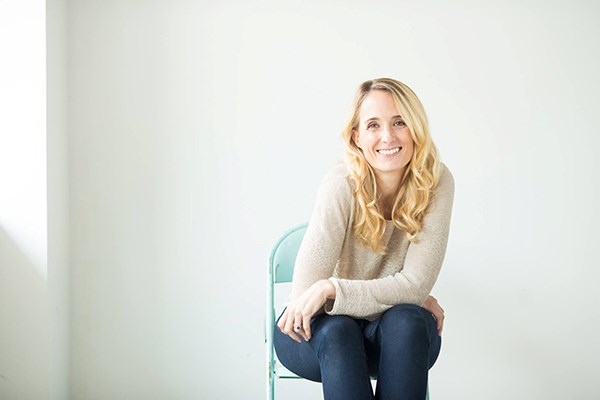Julie Miller, a campus counsellor and health and wellness coordinator at Quest University, has recently come under very public scrutiny.
Earlier this month, The New York Times ran a lengthy article on allegations of cheating related to Miller’s suspension and disqualification from Ironman racing events. The story garnered global attention, appearing on The New York Times online homepage, sports page and top 20 trending stories banner, where it remained for six days.
Whether or not there is conclusive evidence to confirm the allegations levelled against Miller, a quick skim through the 1,200-plus reader comments reveals that in the court of public opinion, Miller has been found guilty. Her punishment: the world’s sanctimonious scorn.
I’m willing to bet that the majority of the people reading, sharing and commenting on the article are not part of the triathlete community, begging the question: Why is this story blowing up? To which the obvious answer is that people love a good scandal.
The piece portrays Miller as someone who once had it all, was caught in a lie and disgraced – a standard story to uplift anyone interested in finding self-worth in the misery of others. Add to that the fact that Miller has maintained her innocence in spite of compelling evidence to the contrary, and you get a potential “I told you so” moment lingering just around the corner in the case that she ever does admit guilt.
The practice of scapegoating dates back to our earliest records of human history. Simply put, it’s a way to absolve the many of [enter sin] at the expense of the few – projecting a community’s violence onto a single entity.
Whereas in ancient times this was accomplished through sacrifice or exile, in this place and time, moral superiority and relentless shaming is the name of the game. The Internet is the altar, the comment the sacrificial knife.
The comments I read were mostly from “just happy to finish” racers adding a quick Miller-condemnation to the detailed accounts of their own journeys to the finish line, people debating whether Miller only cheated herself or whether there are larger implications on the world of sport, and, most troubling, the many presumed psychiatrists diagnosing Miller with mental health disorders. Often the latter commenters would demand how such a person could be a mental health resource for young people.
This part doesn’t add up for me.
Last November, The Mark, Quest’s campus newspaper, published our own piece about Miller’s suspension from Ironman. When we were deciding if this was a morally responsible thing to do on our end, we asked ourselves what it would mean to Quest if she had in fact cheated. The point was raised that a foundation of trust is central to therapy, and this information could affect a student’s ability to trust Miller in a therapist-patient capacity. We didn’t want to needlessly drag Miller’s name through the mud, but we also didn’t want to knowingly withhold information that could influence the way students sought mental health services on campus.
In the article, second-year student Hadley Bates, a patient of Miller’s at Quest, said she didn’t think the story bore any weight on Miller’s capacity as a counsellor and that “people’s business can easily be separated from what they do in their personal lives.”
I, too, have had counselling sessions with Julie Miller, both before and after finding out about the cheating allegations. I did not find it made any difference to the work that we did together. She was, as always, attentive and thoughtful in her analysis and helped me come to some realizations that I think of as central to my personal development.
Miller’s exposure in one of the world’s most widely read news publications made her the scapegoat of the week for people the world over. Few of us can imagine what that does to a person, but perhaps we can imagine what a person in that situation needs. Support. From us. Members of a community built in part on tenets of empathy, compassion and second chances.
We are in the unique position right now to come together and support one of our own who is going through a difficult time. This isn’t about whether you believe in her innocence or guilt. It’s about supporting Miller in her role at Quest, a role in which she’s already proven herself to be very good.
Editor’s note: Zach Kershman is a student at Quest University, co-editor of the campus newspaper The Mark and a counselling patient of Julie Miller’s.




